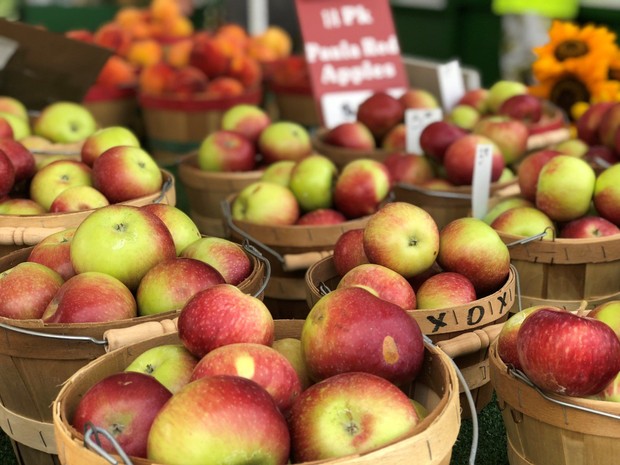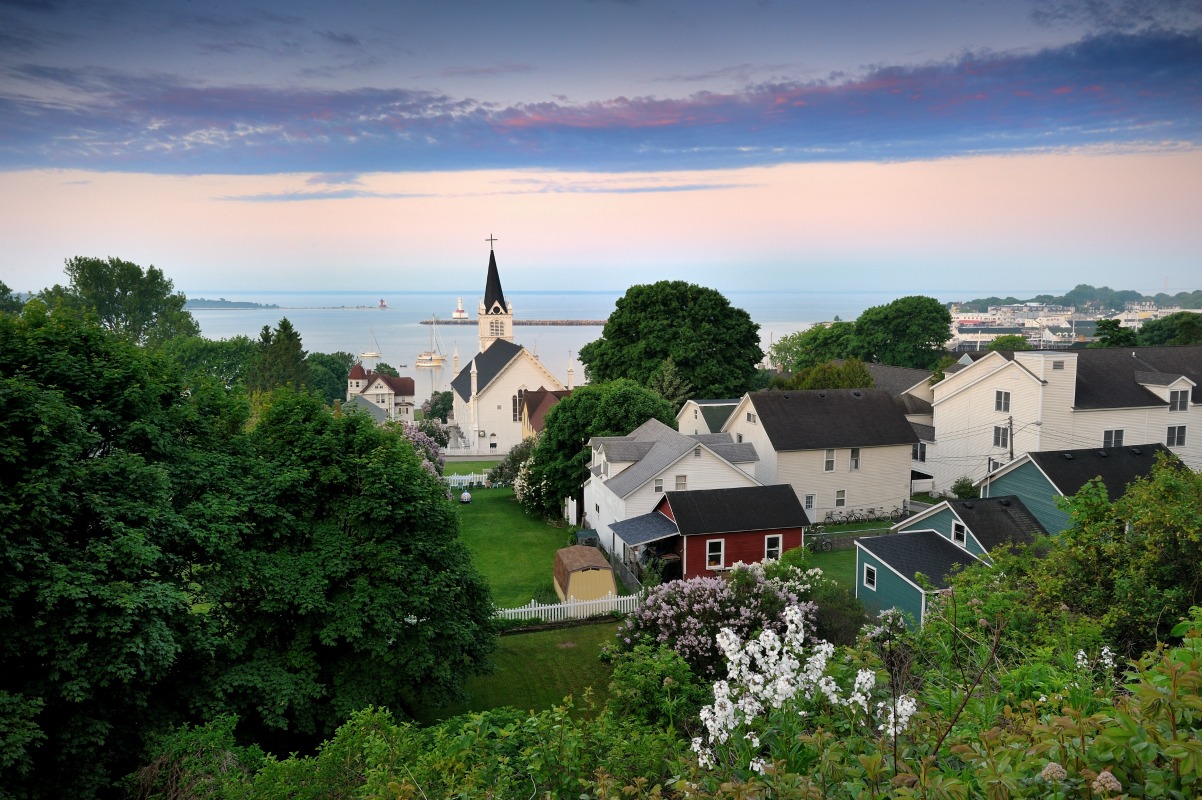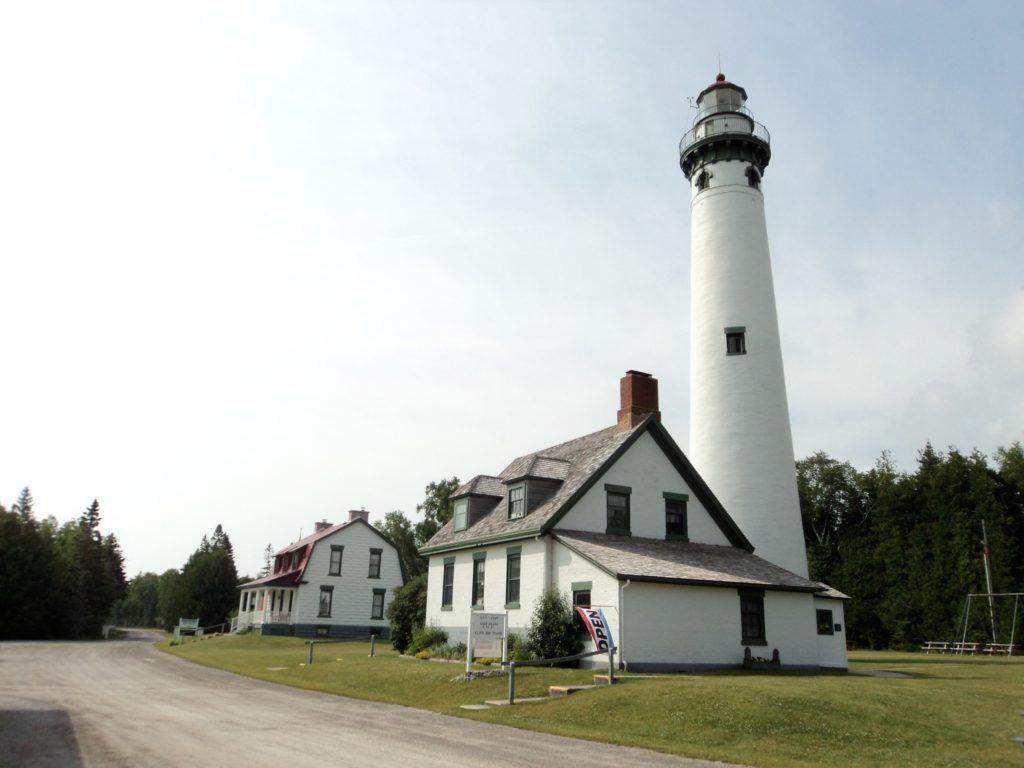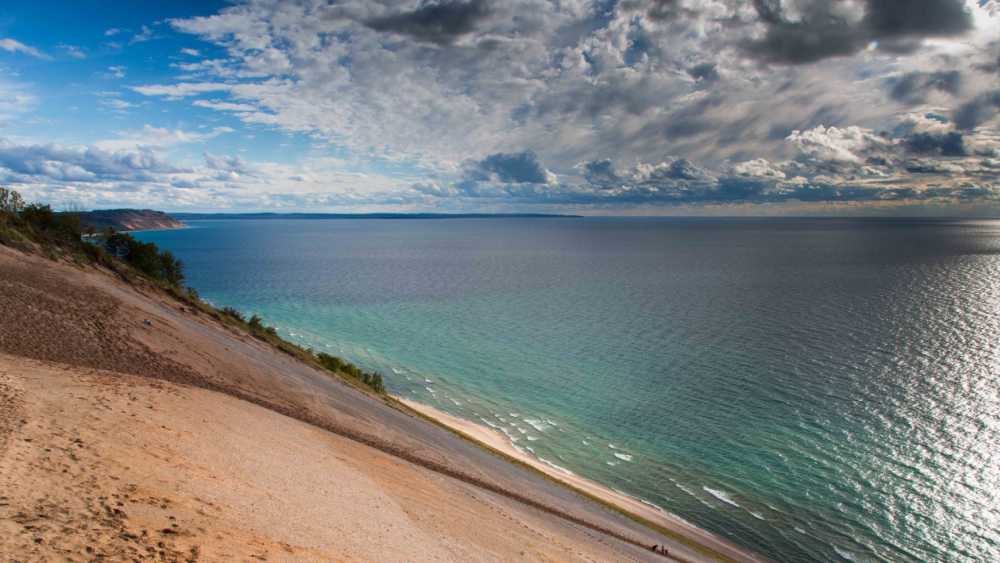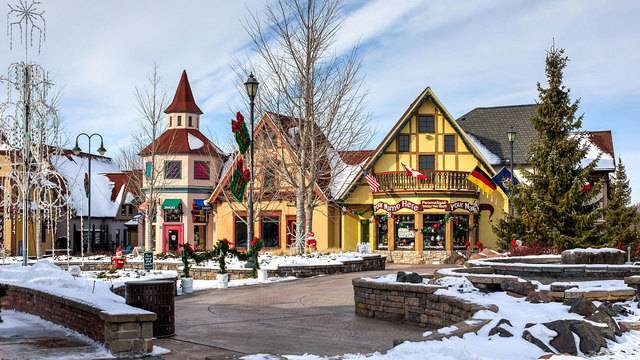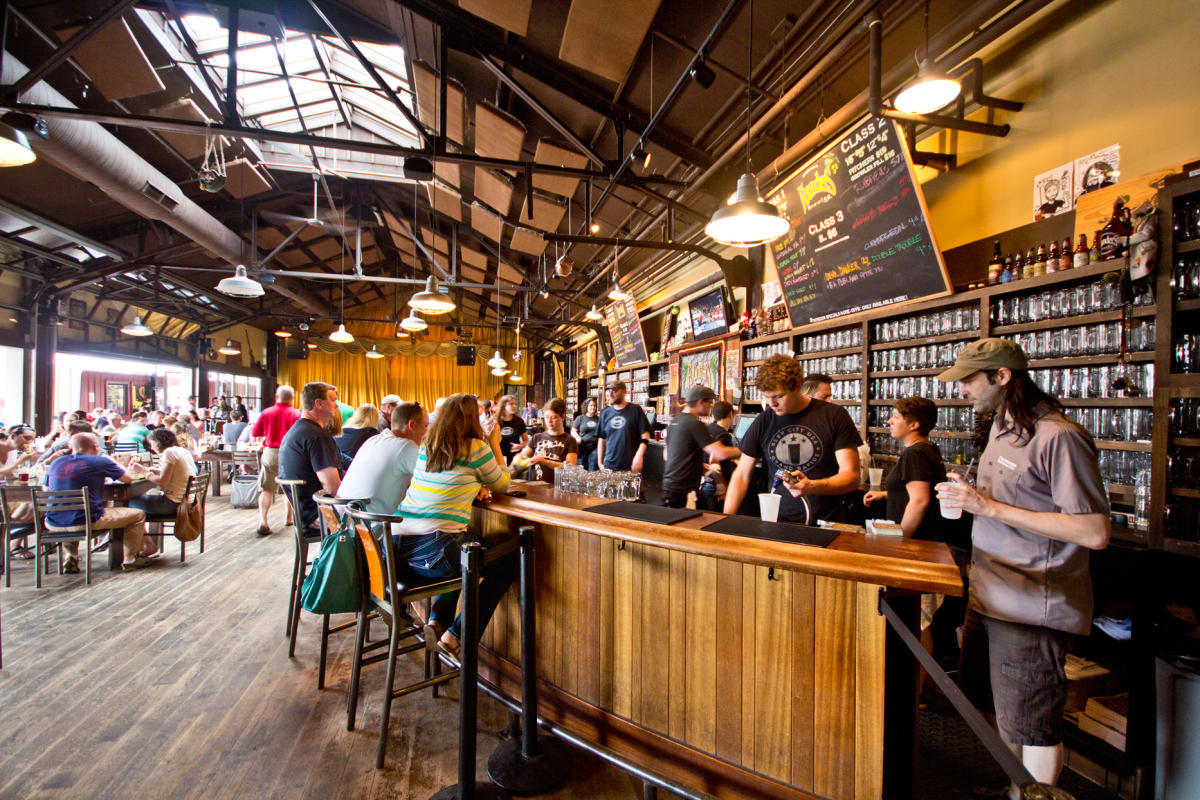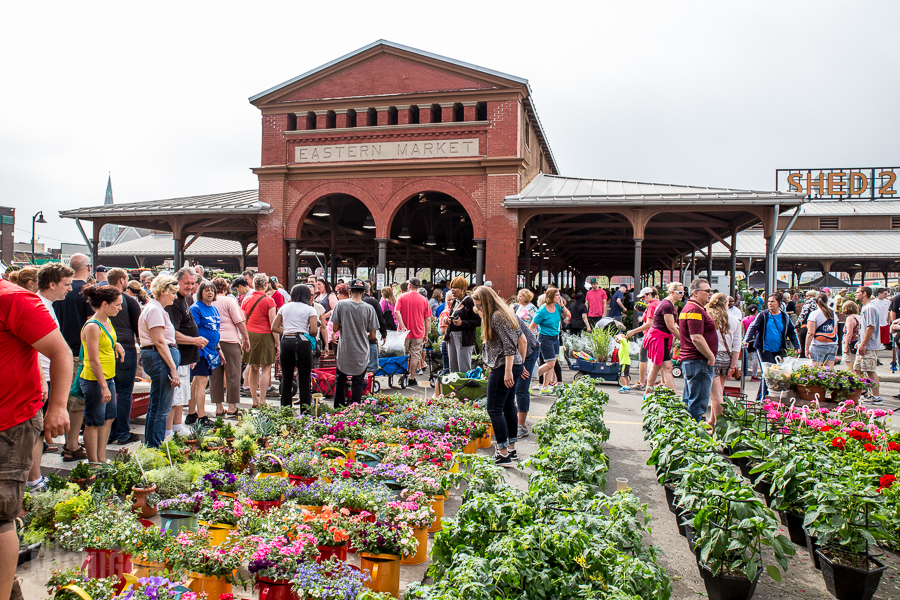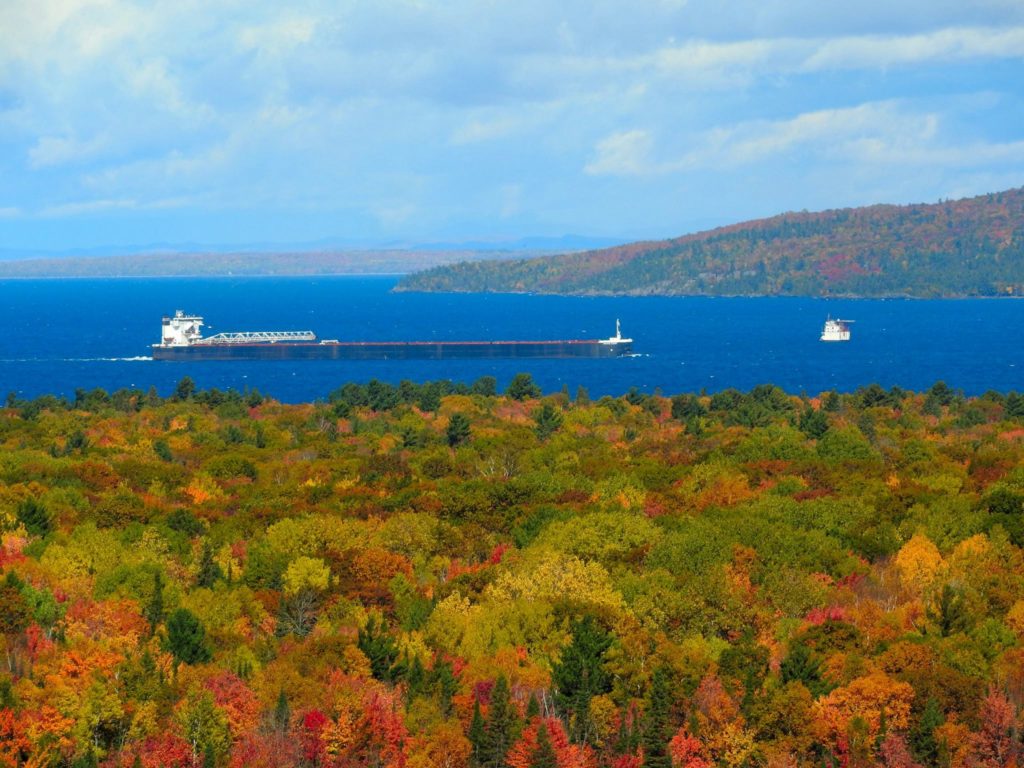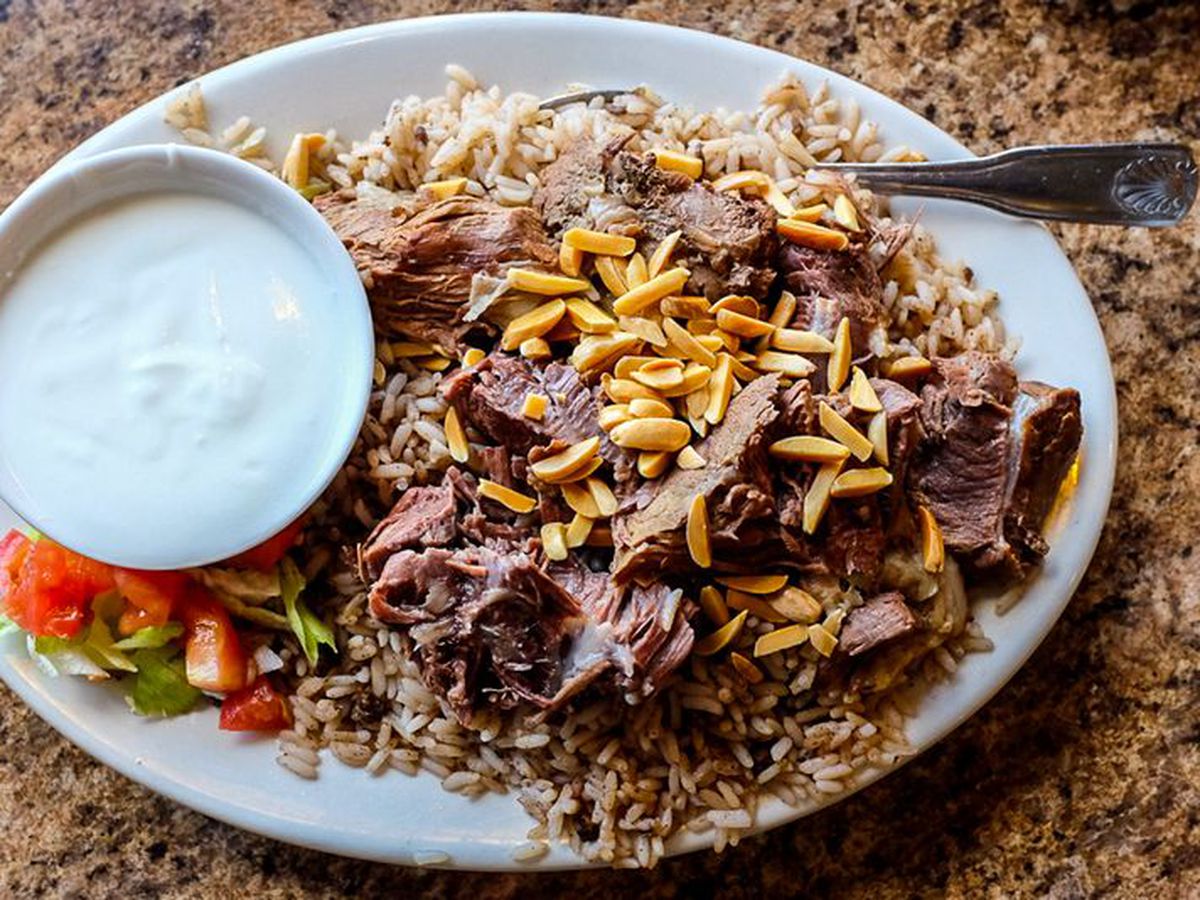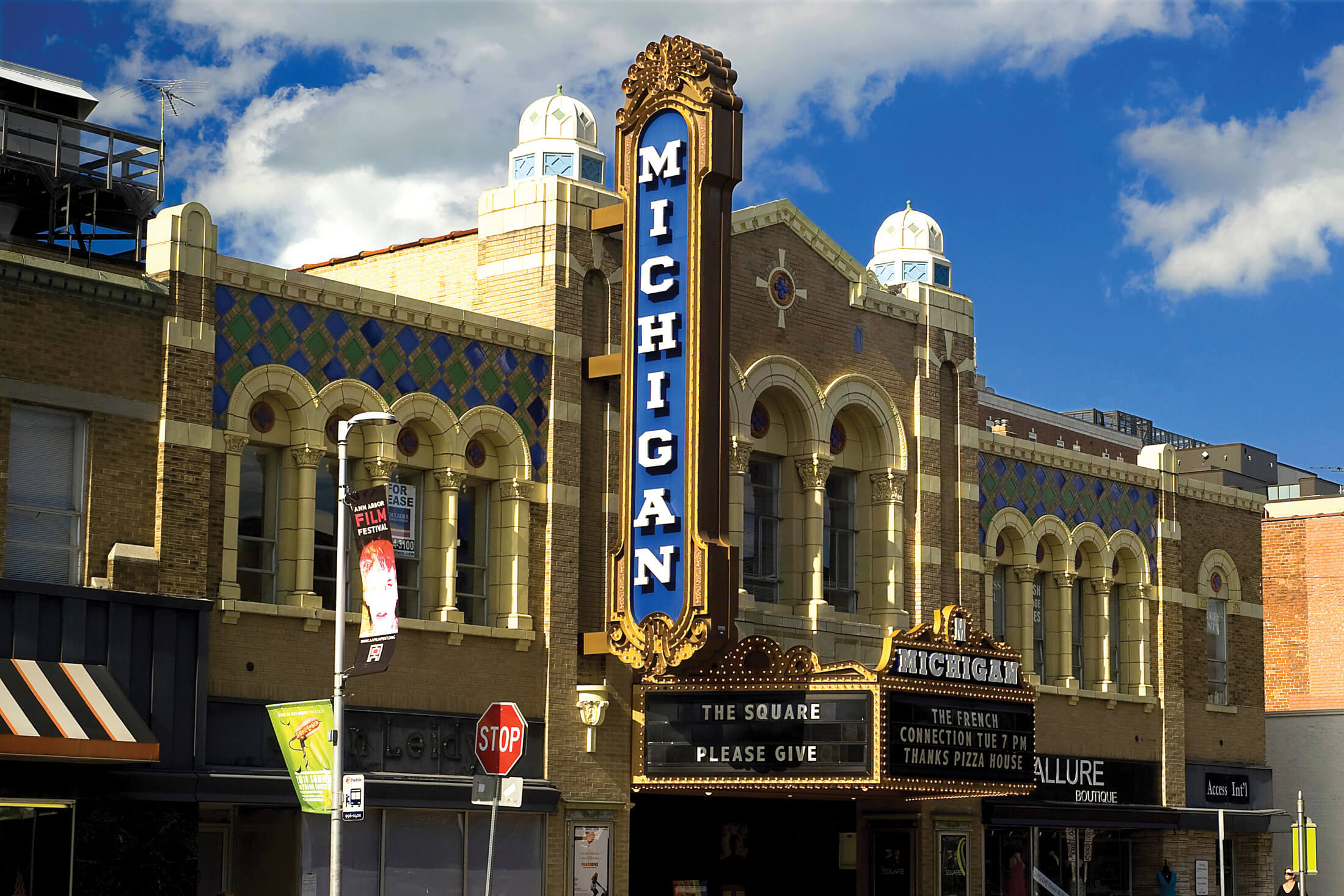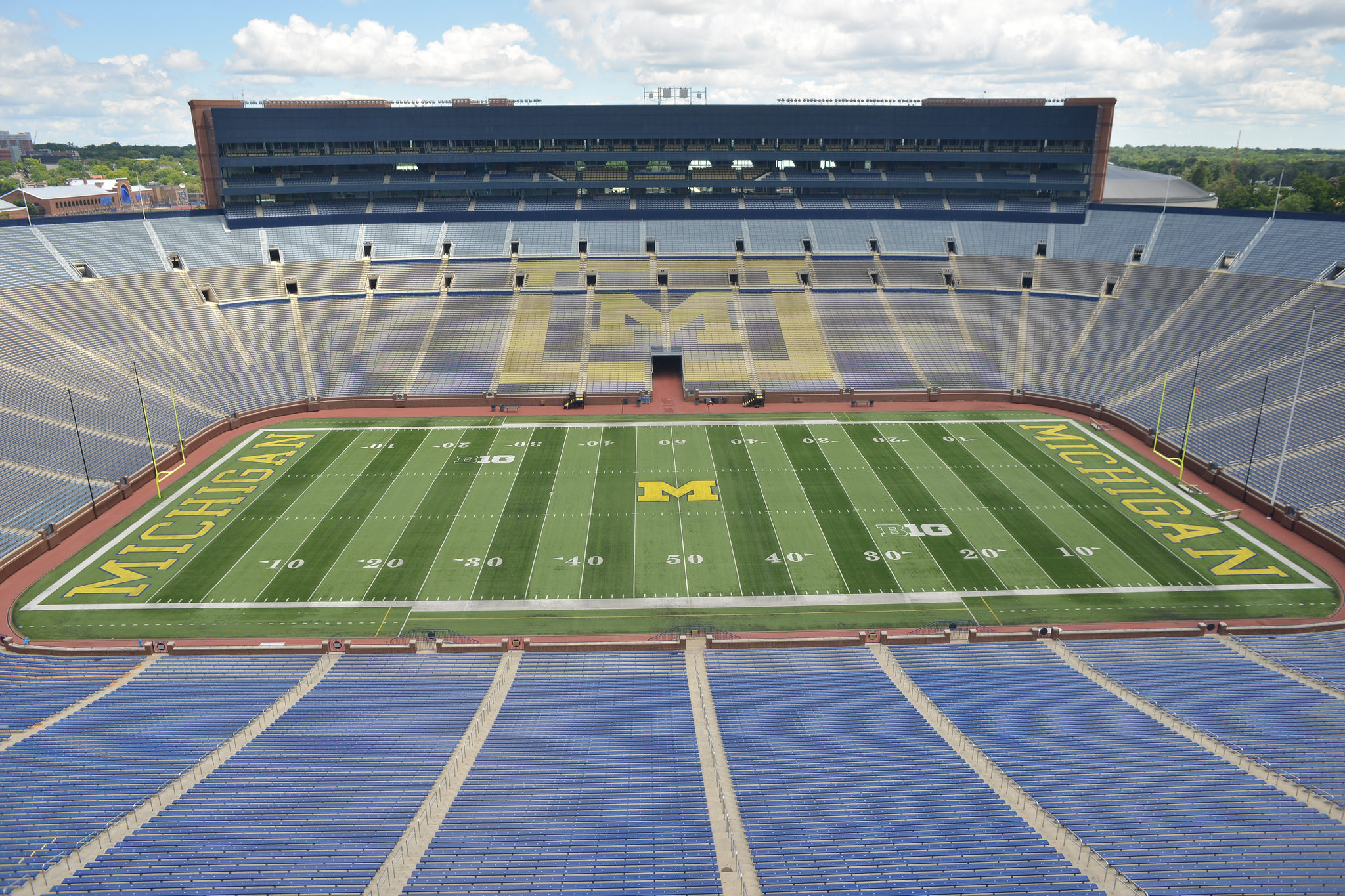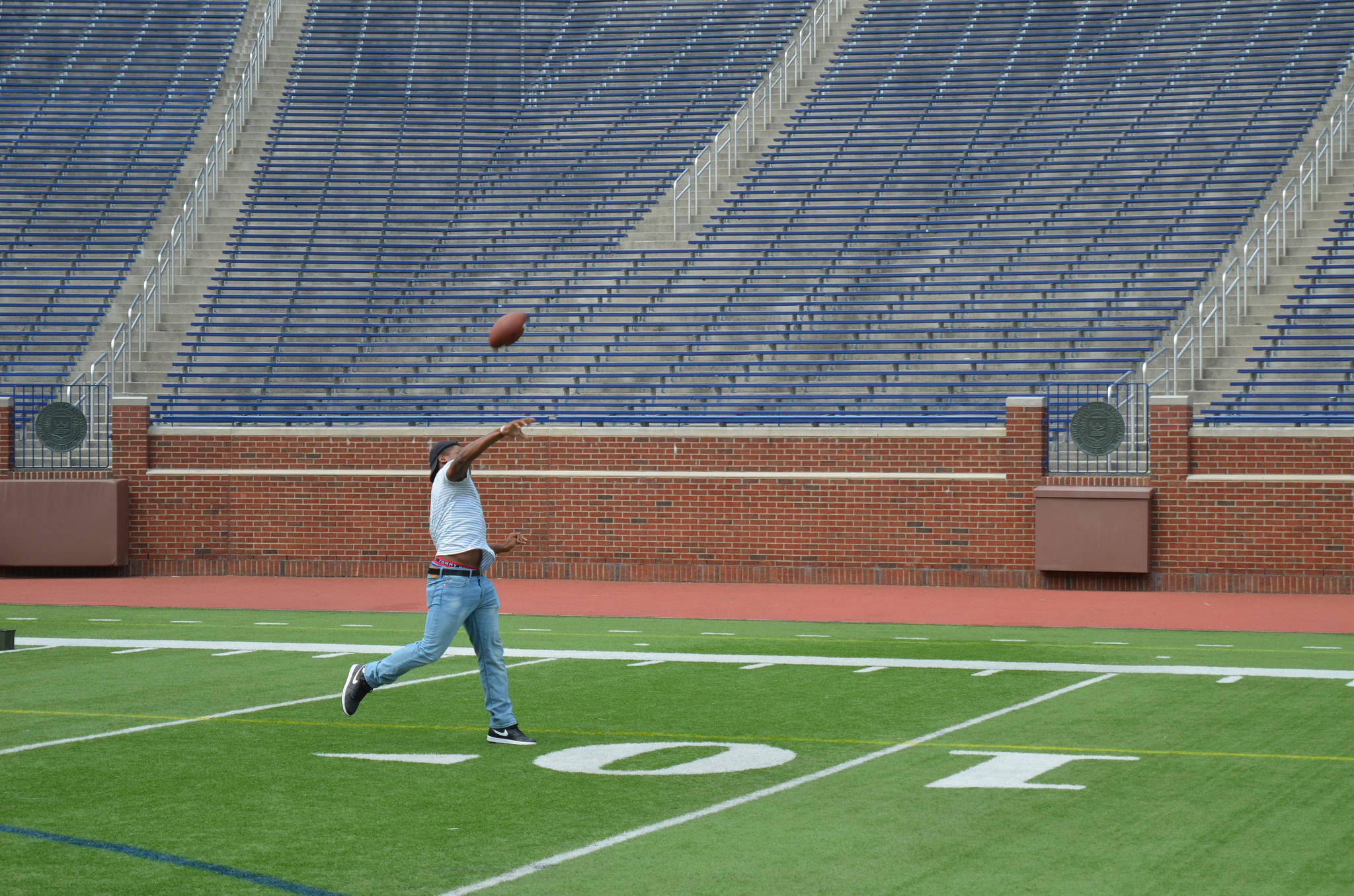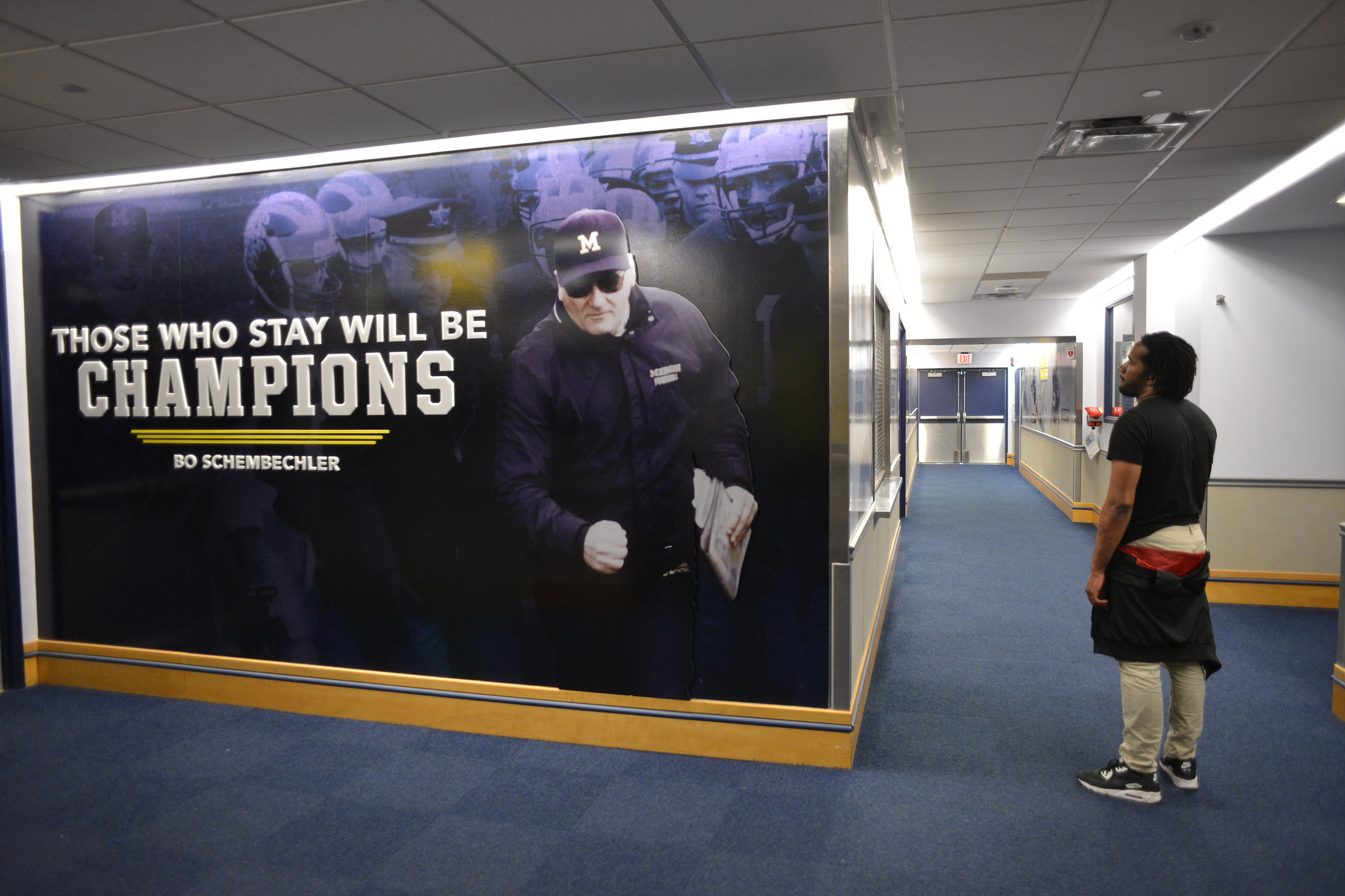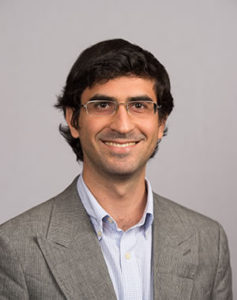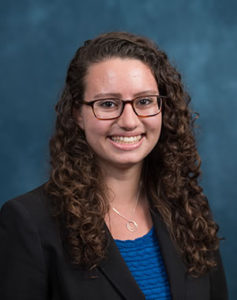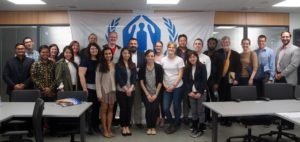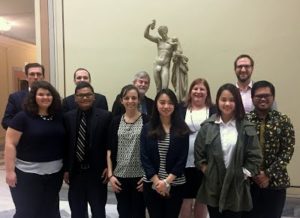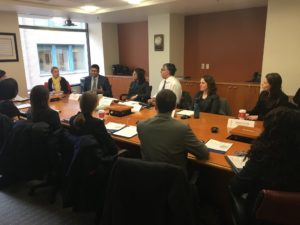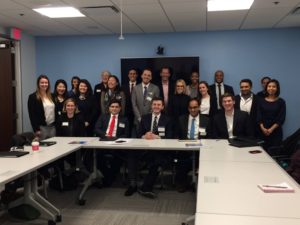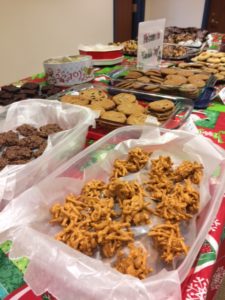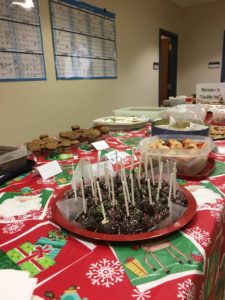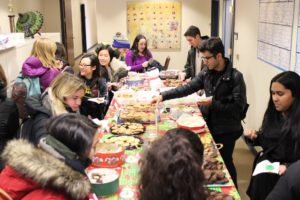Hi! I’m Conor Hicks. I’m a first year MPP student here at the Ford School. This has been a year unlike any other, but I’ve thoroughly enjoyed the people I’ve met and the topics I’ve explored.
Where are you from?
I was born and raised in Redmond, Oregon, a small town about three hours southeast of Portland on the eastern side of the Cascade Mountains. My family has lived in Oregon for seven generations and first settled in the state after heading out west on the Oregon Trail in the early 1850s.
What were you doing before you came to Ford?
I came to the Ford School straight from undergrad. Before moving to Ann Arbor, I received a Bachelor of Arts in Political Science at Boston College in Chestnut Hill, Massachusetts. During my time as a BC student, I interned in the Capitol Hill office of Oregon Sen. Jeff Merkley and worked in political communications for a summer with the National Democratic Training Committee in Chicago, Illinois. I was also a member of the College Democrats and sang tenor in the University Chorale of Boston College.
Why did you choose Ford?
When I started looking into graduate school programs, I wanted a school that offered a good combination of theoretical and hands-on approaches to understanding public policy. At Ford, I’ve been able to learn from faculty at the top of their respective fields about contemporary debates, gain historical context for the policies of today, and engage with my peers in a virtual policymaking simulation on climate migration (Ford’s Integrated Policy Exercise). On top of this, Ford’s Social Policy program is the best in the country. As someone particularly interested in education and labor policy, Ford was the perfect fit for me.
What do you want to do with your Ford degree?
Once I complete my time here at Ford, I hope to work for a nonprofit organization or with the state or federal government on education equity. I’ve always been fascinated by the legislative process and would jump at the opportunity to work on public policy in the office of an elected official.
I’ve loved my time at Ford so far. Ann Arbor is a perfect setting for me to pursue my passion for public service and I can’t wait for the semesters ahead. If you’re thinking of applying to join us here, I’m looking forward to meeting you.
If you’re interested setting up a time to talk to a current student, visit our student ambassador page to connect with a Fordie today. And stay tuned for more posts in our “Meet a Fordie series!”


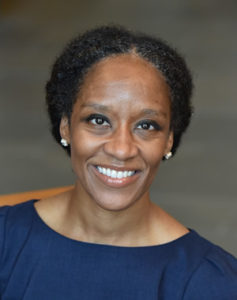 One of the major pieces of the Ford School plan was the addition of our diversity, equity and inclusion officer, Stephanie Sanders. Stephanie creates programming related to DEI issues and also teaches classes for both the graduate and undergraduate students.
One of the major pieces of the Ford School plan was the addition of our diversity, equity and inclusion officer, Stephanie Sanders. Stephanie creates programming related to DEI issues and also teaches classes for both the graduate and undergraduate students.
